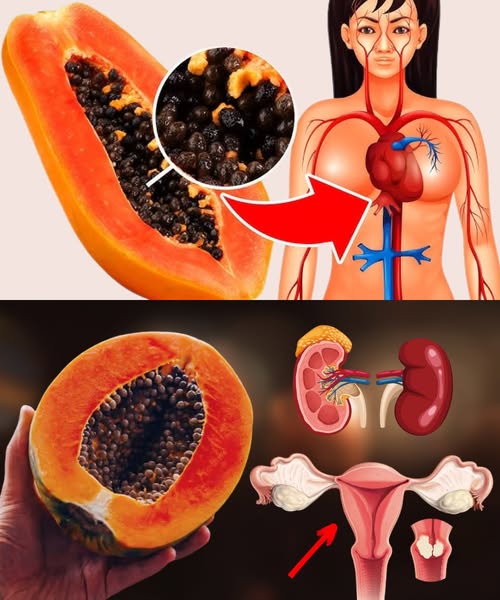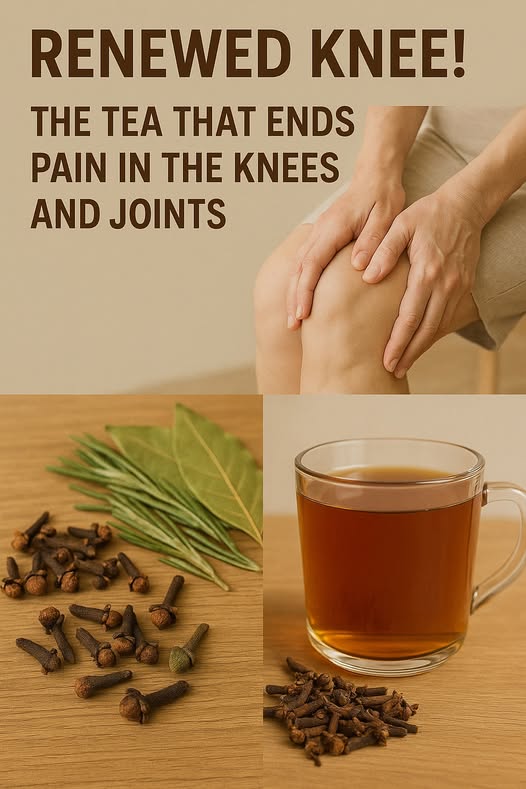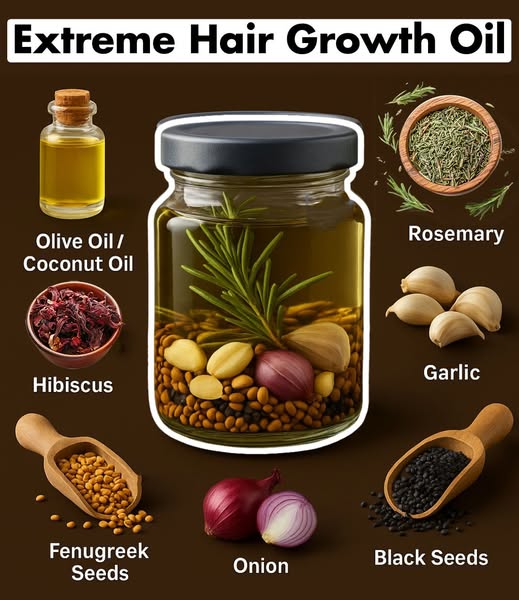Introduction: The Truth Behind Grilled Corn — What You Don’t Know Can Hurt You

Grilled corn on the cob. Smoky, sweet, slightly charred—this summer staple is irresistible. But before you take your next bite, ask yourself: Is your grilled corn as healthy and safe as you think it is?
What if we told you that this seemingly harmless side dish could be loaded with hidden dangers, nutritional myths, and cooking mistakes that could affect your health, digestion, and even your long-term wellness?
This blog post uncovers 12 powerful, eye-opening secrets you need to know before eating grilled corn again. Whether you’re a backyard BBQ lover, a street food enthusiast, or just trying to stay healthy, this guide will change how you think about corn forever.
1. Not All Corn Is Created Equal: GMO vs. Organic Corn
Over 90% of corn in the U.S. is genetically modified (GMO)—engineered for resistance to pests and herbicides. While GMO corn is approved for consumption, research suggests possible long-term health effects, including gut microbiome disruption and inflammation.
✅ Solution: Always opt for organic or non-GMO corn when grilling to reduce your exposure to synthetic chemicals and pesticides.
2. Charred Corn Contains Carcinogens
The charred bits that add flavor to grilled corn come with a hidden cost. According to the National Cancer Institute, foods cooked at high temperatures—like grilled corn—can produce heterocyclic amines (HCAs) and polycyclic aromatic hydrocarbons (PAHs), both linked to cancer risk.
🔥 Action Tip: Avoid burning or over-charring your corn. Aim for light grill marks, not blackened kernels.
3. Butter May Be Sabotaging Your Heart Health
While slathering butter on hot grilled corn is delicious, it’s also a sneaky way to pile on saturated fats, which raise LDL cholesterol levels and increase your risk of heart disease.
❤️ Better Alternative: Use olive oil, herb-infused avocado oil, or even a dash of chili-lime seasoning for flavor without the fat risk.
4. Corn Spikes Blood Sugar Levels
Corn has a glycemic index (GI) of 60, meaning it can spike blood sugar quickly. This is particularly risky for people with diabetes or insulin resistance.
📉 Smart Strategy: Pair grilled corn with a protein source like grilled chicken or beans to slow glucose absorption and avoid sugar crashes.
5. Grilled Corn May Cause Bloating and Gas
Ever feel bloated after eating grilled corn? That’s because corn contains insoluble fiber and fermentable sugars like raffinose, which the body struggles to digest.
💡 Pro Tip: Chew slowly and thoroughly. Cooking corn longer can also reduce fermentable sugar content.
6. Corn’s Nutritional Value Is Often Overestimated
Contrary to popular belief, corn is not a vegetable—it’s a grain. While it offers some nutrients like vitamin C, B vitamins, and magnesium, it lacks the density of fiber and antioxidants found in leafy greens or cruciferous vegetables.
🥗 Upgrade: Balance your plate with darker greens or colorful veggies to maximize nutrient intake.
7. Street Corn Toppings Can Be a Sodium Trap
From Mexican-style elote to cheese-loaded corn cups, popular toppings can pack over 1,000mg of sodium in one serving—almost half your daily limit.
⚠️ Watch Out: Choose grilled corn with fresh herbs, lemon juice, or light yogurt sauces instead of salt-heavy options.
8. Sweet Corn vs. Field Corn: Know What You’re Eating
Not all grilled corn is sweet corn (the variety meant for human consumption). Some vendors grill field corn, typically used for livestock, which is tougher, starchier, and lower in flavor and nutrients.
🕵️♂️ Insider Tip: Ask your vendor or grocer what type of corn they’re selling before buying.
9. Grilled Corn Can Trigger Allergies
Corn allergies are rare but real. Symptoms include skin rashes, headaches, or gastrointestinal distress. Even if you’re not allergic, corn can be a hidden irritant for those with gut sensitivity, such as IBS sufferers.
💬 FAQ Answered: Can I be intolerant to corn even if I’m not allergic?
Yes. Corn sensitivity affects digestion, causes fatigue, and leads to chronic inflammation in some people.
10. Improper Grilling Can Lead to Bacterial Contamination
Grilling corn wrapped in foil or without proper hygiene can breed bacteria like E. coli or Salmonella, especially if left at unsafe temperatures.
🧼 Safety Reminder: Always wash the corn, keep cooking surfaces clean, and grill to a temperature of at least 145°F (63°C) internally.
11. Corn Is Heavily Sprayed with Pesticides
According to the Environmental Working Group (EWG), conventionally grown corn ranks high in pesticide residue. These chemicals can accumulate in the body and are linked to hormonal disruptions and chronic illness.
🌽 Solution: Go organic whenever possible, or peel and soak corn in vinegar water to reduce residue before grilling.
12. You’re Missing Out If You’re Not Using the Husk Strategically
Grilling corn with the husk on locks in moisture, enhances flavor, and prevents charring. Yet many discard the husk, ending up with dry, tasteless cobs.
🔥 Grilling Hack: Soak husked corn in water for 15 minutes, then grill. This method ensures juicy, smoky corn without the blackened risks.
Frequently Asked Questions About Grilled Corn
Q1: Is grilled corn healthier than boiled corn?
Grilled corn preserves more flavor but may create harmful compounds if charred. Boiled corn avoids those, but may lose some nutrients to the water.
Q2: How many calories are in grilled corn on the cob?
One medium ear has about 90–100 calories without toppings. Add butter or cheese, and it can jump to 250+ calories.
Q3: Is grilled corn good for weight loss?
In moderation, yes. But due to its starch and sugar content, it should be paired with lean protein and veggies to support fat loss goals.
Q4: Can grilled corn cause inflammation?
It can if it’s charred or GMO-based. Pairing it with anti-inflammatory ingredients like olive oil, turmeric, or lemon can help offset this.
Q5: What’s the best way to store leftover grilled corn?
Wrap in foil and refrigerate. Consume within 2–3 days. Reheat in the oven or on a grill for best texture.
Conclusion: Make Grilled Corn a Smart, Healthy Choice
Grilled corn doesn’t have to be a guilty pleasure or a nutritional mystery. By understanding these 12 essential secrets, you can enjoy this summer favorite with confidence, flavor, and health in mind.
✅ Choose organic corn,
✅ Avoid heavy toppings,
✅ Don’t over-char,
✅ Pair with protein and veggies,
✅ And grill mindfully to reduce health risks.
This isn’t about giving up grilled corn—it’s about empowering your food choices.
So, the next time you reach for that golden cob, you’ll know exactly what to do (and what to avoid). Ready to share these life-changing tips? Pass this post on—because everyone deserves to enjoy corn safely and deliciously.


